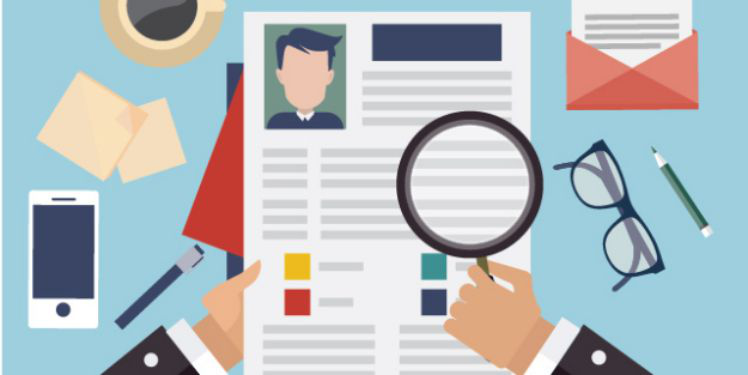There isn’t an unequivocal answer to this question. Different employers pay closer attention to specific sections of a recruit’s background screening report, depending on their industry and the job position’s requirements.
Why Do Employers Run Background Checks on Potential Employers?
Recruiters run personal history checks on the shortlisted candidates to ensure that, if hired, the candidate will become an asset but not a risk to the company.
What is Employment Background Screening?
Broadly speaking, a pre-employment background check covers the candidate’s criminal and driving records and seeks to verify their education, professional qualifications, and employment history.
They scrutinize the candidate’s criminal and driving records for disqualifying manslaughter, assault, battery, or reckless driving violations.
Investigating officers also go to great lengths to verify the candidate’s academic records and past employers to make sure they are qualified for the vacant job position.
Specificities of Employment Background Screening
Every screening must comply with the Fair Credit Reporting Act (FCRA) provisions, and some information can only be accessed with the job candidate’s explicit compliance.
Sensitive personal information such as medical history and mental health status may be inaccessible in some states.
The higher the annual salary, the farther back a background screening will go. For jobs paying between $75,000 and $100,000, the covered period is seven years.
What Employers Look for in a Background Screening Report
Here are the critical resume sections recruiters focus on while searching for the fit for the job.
employment history
Employers first examine a candidate’s work history. Their HR officers will call your past employers and reference contacts and ask about your efficiency, productivity, and reliability.
Recruiters want to see how many years a candidate has served in a similar or relevant position and where. Frequent job changes across different industries are serious red flags for them.
Also, if a candidate’s resume states they’ve worked for a big company for many years, recruiters will browse its website to verify the information.
If nothing pops up, they will not hesitate to contact the company’s HR department and request verification.
Credit Score
Most employers pay close attention to a candidate’s credit history to see how responsible they are for their finances. If nothing suspicious appears, the future employee will be listed as trustworthy and financially reliable.
Credit score checks have substantial weight in determining one’s eligibility for offices in the banking and finance sectors.
However, employers do not share the same access to individual credit scores as lenders. Hence, the sections comprise a relatively small part of one’s background check report.
Criminal History
Criminal records are another field of particular interest for background screeners. They focus on recent felonies and serious offenses.
The screened period varies between seven and ten years, depending on the job position. If you are applying for a job in Florida, your potential employer may ask for your fingerprints for a Level 2 background check.
These are then run through the FBI’s database to reveal if the candidate has committed offenses in other states. Criminal records may take longer to obtain because many counties do not maintain online databases and only provide such information in person.
Driving Record
Employers do not want reckless drivers on the payroll. So, they pay extra attention to an employee’s driving history and watch out for traffic violations.
Speed and parking tickets take priority because of their frequency. Driving under the influence is a much graver offense and surfaces on one’s criminal record.
Health Record
As a rule, one’s lab tests and medical history are confidential and do not appear in a Level 1 background check. However, some pre-employment surveys may ask if you have ever received disability benefits.
If you want to work as a pilot, the airline may run a series of pre-employment medical tests to ensure you are fit to fly passenger aircraft.
For other positions, your future employer may request a medical certificate that you are fit to operate heavy machines or work in a specific environment.
Education and Qualification Checks
Academic records aren’t published online, so recruiters may contact the colleges listed in your resume and ask them to verify your GPA and degree conferred.
If you hold a doctor’s degree, your future employer will contact the institution that conferred it and ask them to verify the thesis’s title and the year of defense.
They will also try to find your academic profile on Academia or ResearchGate to see if you have published any articles recently.
